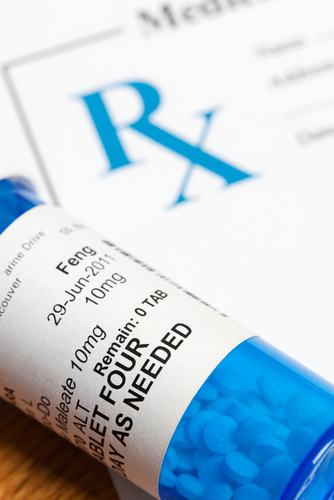I agree with the main recommendations of the Drugfree.org/MetLife 2012 attitude tracking study of teens and parents regarding drug use:
I agree with the main recommendations of the Drugfree.org/MetLife 2012 attitude tracking study of teens and parents regarding drug use:
- Do more to communicate risks of medicine misuse and abuse
- Safeguard medicines at home
- Properly dispose of unused medicines
- Avoid modeling bad behavior by misusing or abusing drugs
 The report raises quite a few interesting points, but some of the survey results raise more questions than they answer, and there are other issues not addressed.
The report raises quite a few interesting points, but some of the survey results raise more questions than they answer, and there are other issues not addressed.
Prescription drug abuse is a serious problem. One area the report focuses on is the abuse of stimulants such as Adderall. Here’s their take:
“In fact, almost one-third of parents (29 percent) say they believe ADHD medication can improve a teen’s academic or testing performance, even if the teen does not have ADHD, and one in four teens (26 percent) believes prescription drugs can be used as a study aid.”
And regarding prescription drugs in general:
“Parents and teens share the same misconceptions regarding prescription drug misuse and abuse. One in six parents (16 percent) believes that using prescription drugs to get high is safer than using street drugs, and more than one in four teens (27 percent) shares the same belief.”
“One-third of teens (33 percent) say they believe ‘it’s okay to use prescription drugs that were not prescribed to them to deal with an injury, illness or physical pain.’”
“One in four teens (25 percent) says there is little or no risk in using prescription pain relievers without a prescription, and more than one in five teens (22 percent) says the same for Ritalin or Adderall. Additionally, one in five teens (20 percent) says pain relievers are not addictive.”
While the survey is surprised at how high these numbers are, I’m surprised they are so low. And some of what the surveyors characterize as misconceptions I regard as accurate or at the very least open to debate. For example:
- All else being equal, why wouldn’t it be safer to get high from prescription drugs than street drugs? The ingredients and dosing are known, the purity is bound to be higher, there’s less physical risk of obtaining the product (if from parents’ medicine cabinet especially), almost no risk of arrest, and if something goes wrong the emergency department can have an easier time figuring out what you took. Can it really be that only 1 in 6 parents and 1 in 4 teens agrees with me on this?
- It’s interesting that only about 1 in 4 parents and teens think ADHD drugs can improve academic testing and performance. I’ll bet there’s more support from college students who are big users of these substances. And do we really know that these meds aren’t effective in “normal” people, especially when cramming for a test? Part of the issue here could be that plenty of kids with ADHD or who are just a bit restless are put on drugs and get used to having them
- Direct to consumer ads tell us to “ask your doctor if [Drug X] is right for you.” And when we do ask, many physicians say yes. This includes pain drugs. In fact I saw a DTC ad for the pain drug Lyrica today. Given that, is it such a stretch that some people could think it’s ok to take pain meds without a prescription? And instead of emphasizing that 20-25 percent of teens who are unworried about pain drugs, perhaps the report should have emphasized the 75 to 80 percent who do think there’s an issue.
I really do think prescription drug abuse and misuse is a serious problem. But the problem is not just naiveté on the part of parents and teens. It gets to the fact that unlike a generation ago, we are starting to use Rx drugs as performance enhancers, and the use of consumer advertising to promote prescription medications has predictably created a much stronger consumer mindset about the use of these substances.
—–
image: prescriptiondrug/shutterstock





